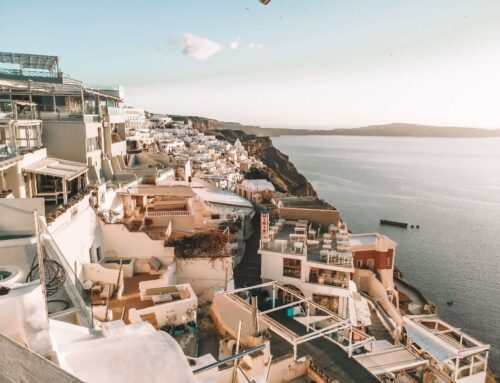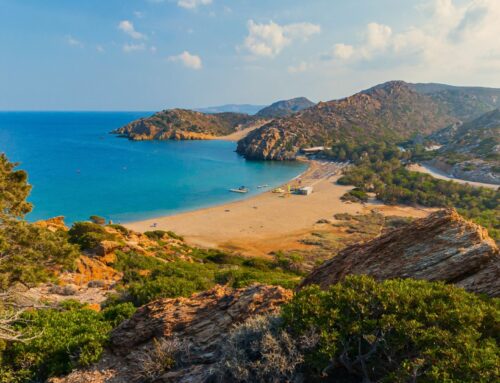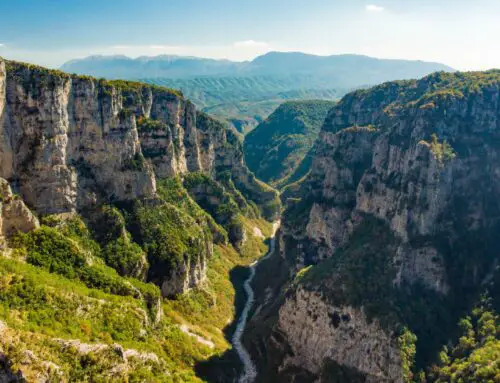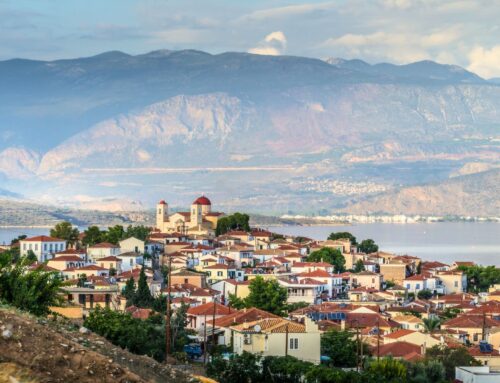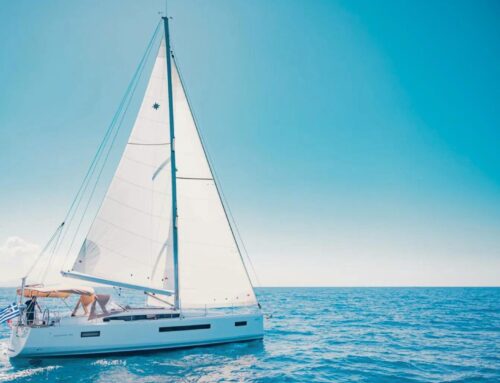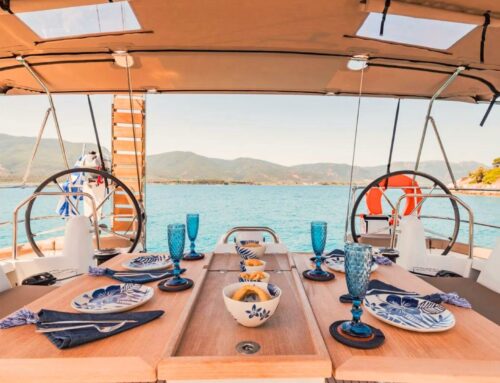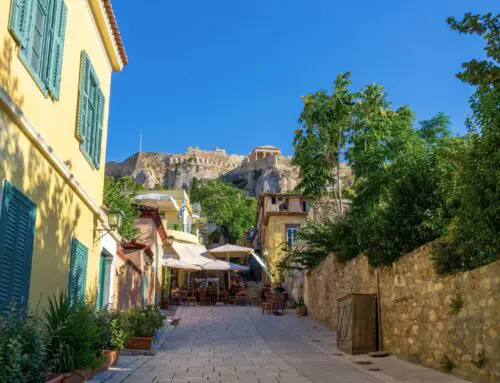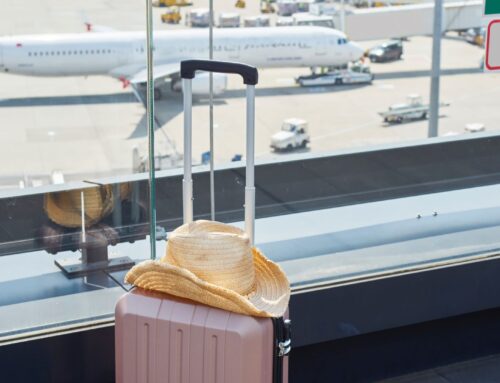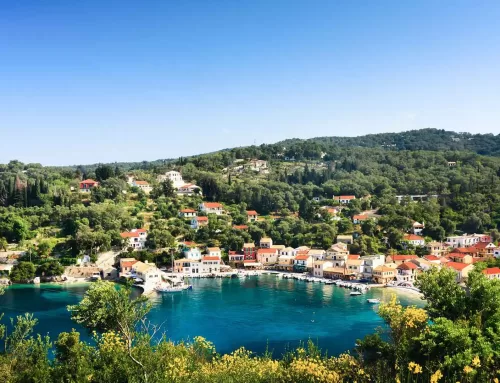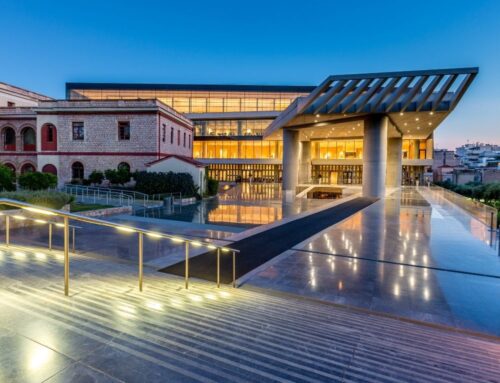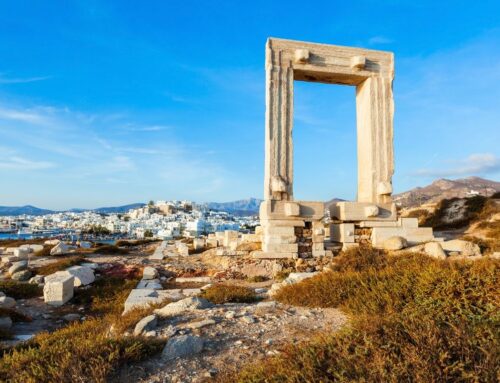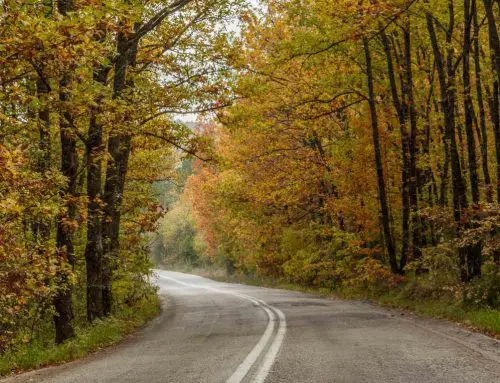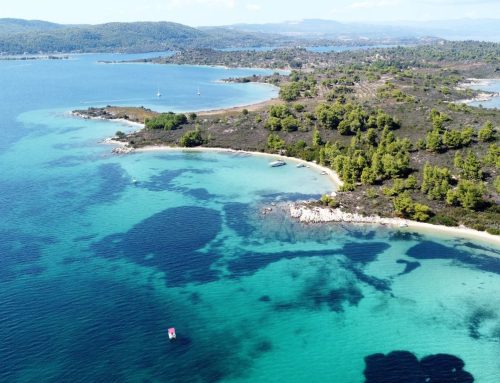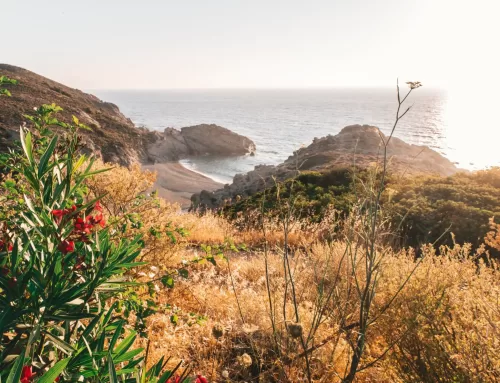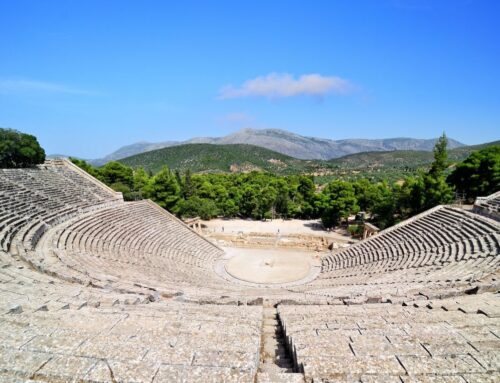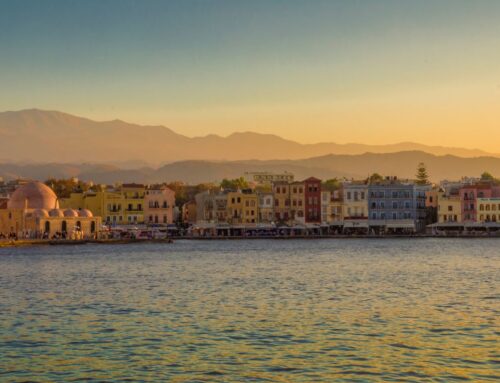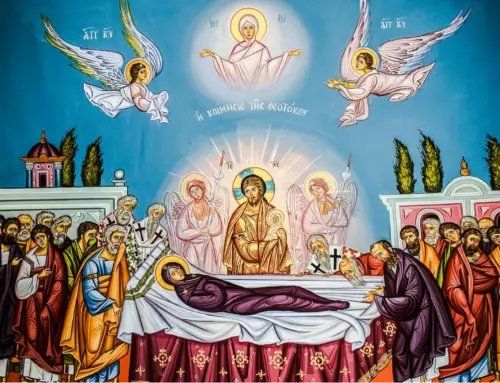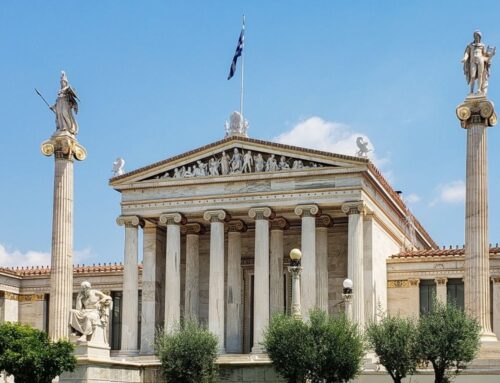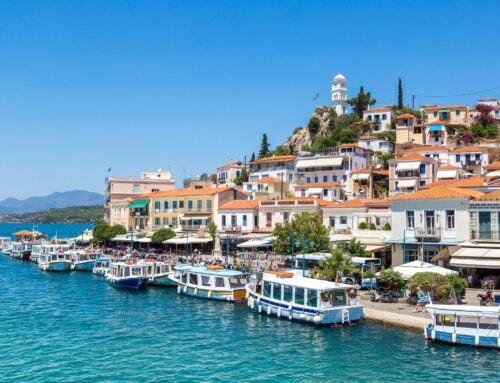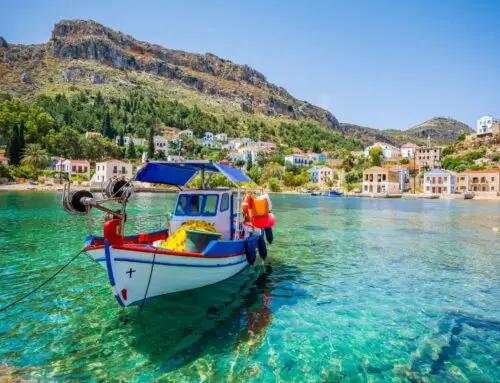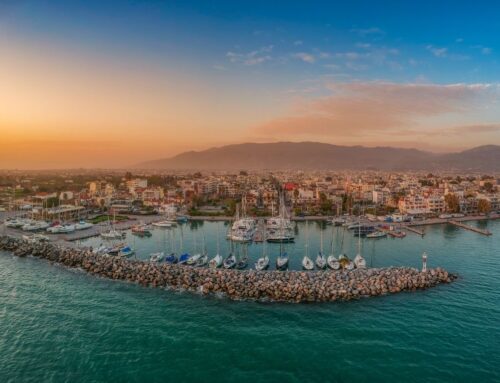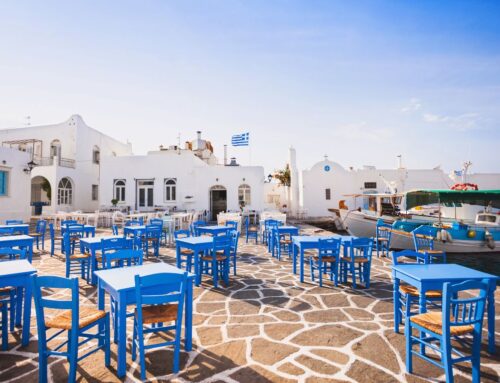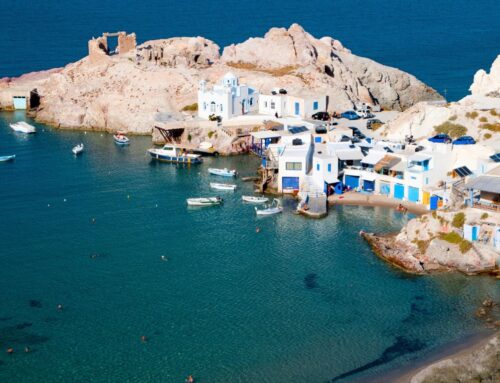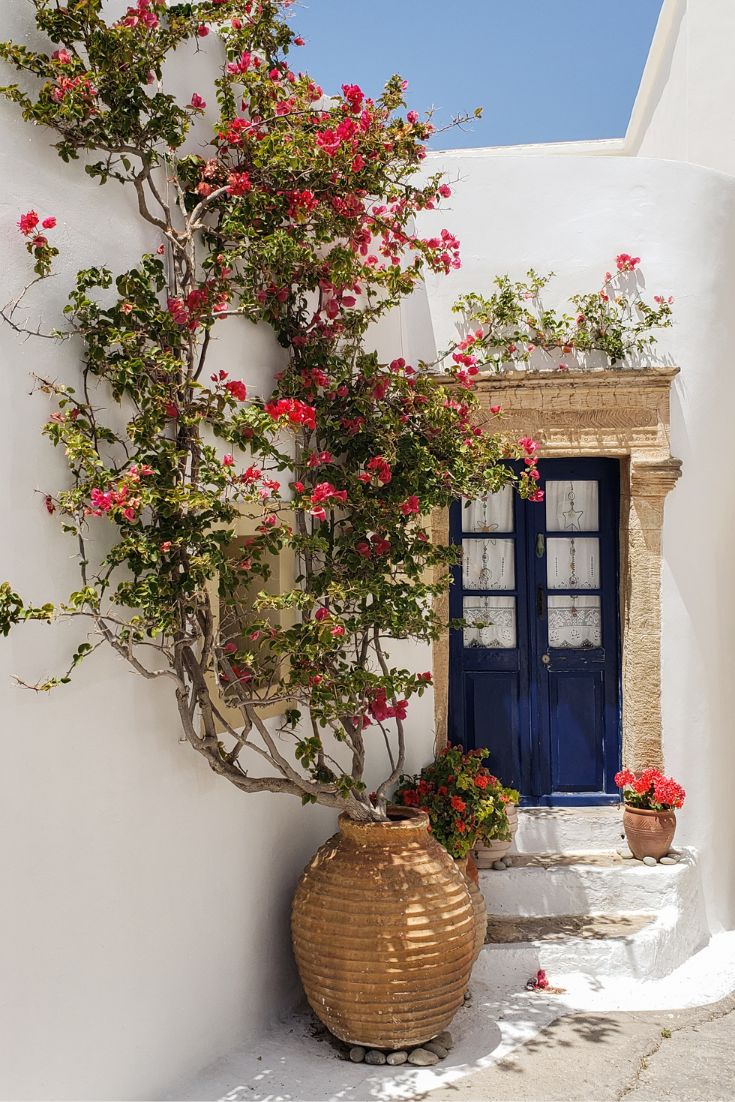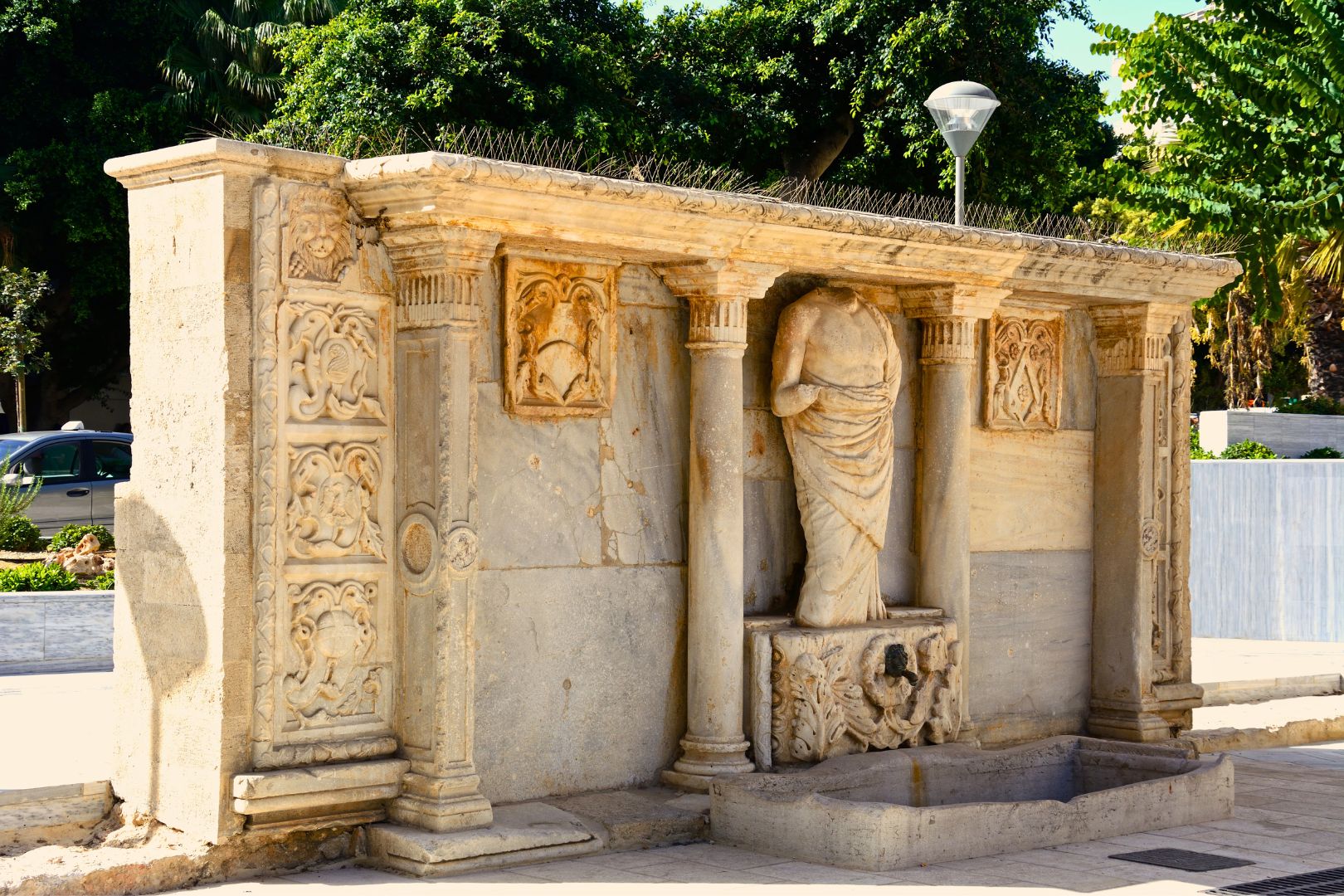
The 12 Simple Things to Know Before Traveling to Greece
The 12 Simple Things to Know Before Traveling to Greece



☞ Table of Contents:
Let’s talk about some fun and intersting things to know before traveling to Greece! If you are finally getting around to visiting Greece then I have no doubt that you are in for a treat.
Whether you have been planning this trip for ages and are considering every possible way to make the most of your holidays, calculating budgets and scouting the perfect destinations or just simply grabbed a flight and thought you’d figure the rest out later, this is a country many fall deeply in love with. What’s not to love? The laid back friendliness of the people?
Or the amazing Mediterranean diet that is also incredibly healthy? Now that you are probably expecting! The following list of things to know before you are travelling to Greece, however, you don’t.
1. Everything is Closed on a Sunday
2. The Way You Order Coffee
Coffee
*Unfortunately fancy kinds of milk are not used in Greece as much as in other parts of the planet. Ask for rice, almond or coconut milk and I swear you will get blank, weird looks. Soy milk you might be able to get away with.
me gala – with milk
3. The Way You Pay
When you order coffee a small piece of paper will discreetly be placed inside a shot glass. If you order more, another one will come to join the first one. The same is true for most restaurants and when it doesn’t happen, well it should! It is within your right to demand a receipt to be given every time you hand over your money. However, it is considered rude is for a shop owner or server to deliver the final bill without you having asked for it. Payment is almost always done at your table, whether you are paying by card or cash.
The server will either go back and return with your change or be carrying some. If you do not indicate that you are ready to leave, they will not offer you the bill. It might also take several minutes to get someone’s attention if the shop is busy so try to ask ahead if you are in a hurry. While tipping is not mandatory it is expected to leave at least a couple of coins on the table for the server in a coffee shop and more when dining at a restaurant. Some people will leave enough money to cover the bill on the table and then walk away but that is not always the safest option in busy and touristy places.
4. Drinking The Water From Fountains
If you travel in mainland Greece, you may start noticing mountain springs in village squares and along roads. These are flowing with pure, clean and extremely cold water coming from the mountains and have been a source of water for the local population for hundreds of years. You may notice people filling up water bottles, splashing their faces on a hot summer’s day or simply drinking with the old, cupped-hand method. There is no reason to avoid drinking water from such springs, since locals have been using them for a very long time. There are some places in Greece where tap water should be avoided, however, and that is mostly the islands.
☞ Related: 10 Greek Traditions That Will Make You Feel More Greek
5. Flushing The Toilet
One of the most regularly talked about topics for foreigners travelling to Greece is the toilet situation. Some travelers fear they might single-handedly bring about a plumbing catastrophe and others are simply just weirded out by the concept. Are you confused? How to put this delicately. When travelling to Greece, any loo paper you use for number 2s will have to go into a basket, otherwise it risks clogging the toilet and creating a very unpleasant situation for everybody. There will often be signs in most public bathrooms, Airbnb’s, hotel rooms and airports, that toilet paper should not make its way down the toilet. That is because the pipe system is usually older and narrower and it can barely accommodate naturally occurring oblong shaped obstructions. Add toilet paper to the mix and it gets baad. But don’t worry, there will always be signs to remind you, plus baskets or bins to dispose of your paper or any other personal hygiene items. From all the things to know before traveling to Greece, this is the one that you can’t forget!
☞ Related: The Most Amazing Churches In Thessaloniki
6. Stores Close Midday Then Reopen
Here is another weird phenomenon that you may be surprised by. Just like Sundays being days of rest and relaxation some days of the week have shorter operating hours than others.
Mondays and Wednesdays – tend to be 9 am to 3 pm
Tuesdays + Thursdays + Fridays – 9am-2pm and then 5:30pm-9pm
Saturdays – 9 am – 8 pm
Banks – only on weekdays and usually between 8:00pm – 2:30 pm with some exceptions
7. Appointments For Doctors/Dentists/Hairdressers and Other Services Can Be Made For Much Later in The Day
Have you ever gone to a dentist appointment at 9 pm? What about a GP? Did you request a call back from your beautician regarding your next appointment and she called you back at around 10 pm? This is all normal. In general, the only time that it is considered rude to call someone is around midday between 3-5 when people are more likely to be having a siesta or relaxing for the day. I still remember accidentally calling a friends house and having their mum pick up in the middle of the noon period and getting an earful. Maybe it is because of this siesta that we also tend to go to bed later, and even children have a later bedtime than most other European countries, approximately between 10 – 11:30 pm. Some may even have extracurricular activities that start at 8 or 9 o clock. So, if you are after an appointment and are wondering why nobody is getting back to you, maybe it is because you requested one for 4 pm.
8. Eating Habits – Much Later Meal Times
Relevant to the topic above is the discussion of mealtimes. Depending on when you visit Greece and where you stay you might observe different things. If you are staying with friends or a family, you will notice that most skip breakfast or have a light meal of “friganies” (wheat rusks) with honey, tahini or chocolate spread (if you are naughty), maybe some yogurt, cereal or if it’s a good day, pies like spinach and cheese. A very common option is also the koulouri to-go, which you can pick up for less than a dollar from most street vendors. Coffee is a religion for most, so that is probably the first thing that most people will prepare. Lunch breaks are not a thing for working Greeks. Most would be lucky to get a few minutes to sit down for a quick sandwich or salad. In general, families may lunch together after the children are finished from school which is not until after 2 pm. Dinner is usually the biggest meal of the day and that is considerably later for most people’s standards, around 8 pm for winter and as late as 10 or 11 pm for summer. In the summer, some of the restaurants may not even be open at 6 or 7 pm for dinner or be completely empty!
9. Say Kalimera Till Later In The Day
Kalimera means “good morning” and I hope you are sitting down but you can say it until at least 1 pm. Gasp! The literal translation is “good day” which depending on the mood of the person and how sunny it is, feels appropriate until much later than the customary 12 o clock at noon. In the summer, if you are on holiday and getting up later than usual there is no reason why you can’t say “kalimera” at 3 pm. As soon as it gets dark it is more appropriate to use “kalispera” or good evening.
10. Eating Is Very Communal with Large Meals and Salads To Share
The Americans might get a lot of bad press on their humongous portions but have you ever been fed by a Greek grandma? The obvious difference here, of course, is the quality of the food and the main ingredients which are fresh, seasonal, local and home-cooked. During meal times, apart from eating the vegetables or meat on your own plate, there are always a lot of communal items in the middle and at least one massive salad that everyone can grab from with their fork. So, if you are eating a lovely plate of green beans and potatoes or “fasolakia” then you will have a plate with lots of feta in the middle, a salad or two, and maybe a dip. Same principle applies for most other dishes.
11. Grandparents Live With Their Children Until The Final Goodbye
Greece underwent one of the worst financial crisis in recent years, causing thousands of people to struggle to make ends meet and fight to provide for their families. Suicide rates increased in record numbers during the 2011-2014 period, however, they are still the lowest in Europe (Fountoulakis et al., 2016). One of the reasons why that is probably the case are the strong family ties that bind Greek people. A collective society, Greek families have a giving and receiving system in place that always keep members close. University aged kids, rely on their parents to pay for their costs of living and accommodation if needing to relocate to another city or stay with them until much later in life. That is not surprising considering that Greece has one of the highest unemployment rates for ages 18-25. Later, when children begin their own families, the grandparents are there to babysit and provide financial support for their children and grandchildren. And later on in life, when the grandparents need to retire, their often meager government contributions are not enough to allow them to live comfortably. So families may live together or on separate house floors at the same building. This also helps with sharing costs, babysitting duties and household chores like cooking and cleaning.
12. Name Days & Birthday Celebrations
Here is the last thing to know before traveling to Greece!
The western custom of birthday festivities is relatively new in Greece, but most of the young people will have birthday celebrations. However, if you ask your grandparents or anyone from a few generations ago they might say that they don’t even know when their birth-date is as that wasn’t important information at the time and it surely wasn’t something that was celebrated. A birthday is still considered by some to be a selfish and egocentric ceremony that is not necessary. What used to happen instead, was that people celebrated name days or the name of the saint they were given during that saint’s feast day. So, if you are called Nick, then you celebrate on the 6th of December when that saint is venerated. As you can probably guess, saint dates are well known by all, plus there are thousands of people that share certain names and are celebrating across Greece at the same time. On name days, people usually tend to stay home and wait for visitors so they can treat them with sweets and drinks.
- We will be very surprised if you already knew most of these “things to know before traveling to Greece”. Go on, tell us? Did you learn anything new!
Sign up to our weekly newsletter and you will receive a Free Guide with more information about Greece.
*Disclaimer: This page includes affiliate links. If you decide to book something through one of them, I might get a little bonus, but it won't cost you anything extra.*

